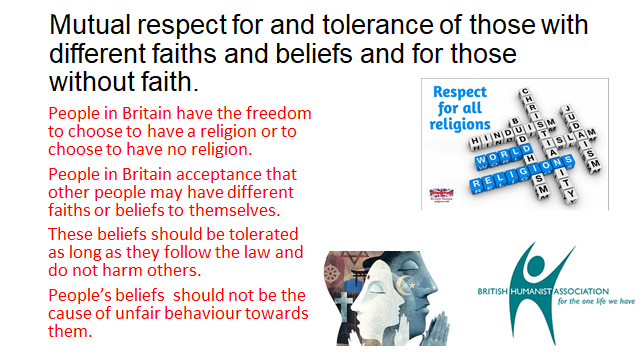British values
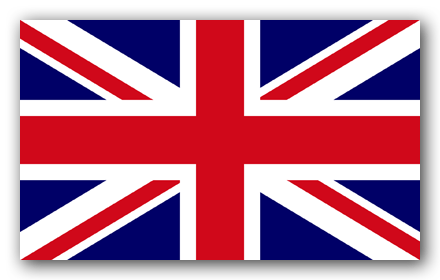
In November 2014, the Department for Education published guidance on promoting British Values in schools to ensure young people leave school prepared for life in modern Britain.
“…to ensure children become valuable and fully rounded members of society who treat others with respect and tolerance, regardless of background…to create and enforce a clear and rigorous expectation on all schools to promote the fundamental British Values of democracy, the rule of law, individual liberty and mutual respect and tolerance of those with different faiths and beliefs.” Lord Nash, 2014
The government set out its definition of British Values in the 2011 Prevent Strategy. At our school these values are reinforced regularly, through staff training and in the following ways.
Here are some of our most important British Values.
They are based on equality and tolerance.
- Democracy
- Individual liberty
- The rule of law
- Mutual respect and tolerance of those with different faiths and beliefs and for those without faith
Democracy
Children have many opportunities for their voices to be heard. Pupil questionnaires are regularly completed in which the children are able to put forward their views about relevant issues. Pupils have the opportunity to run for School Council and take part in the democratic electoral process, nominating and selecting individuals to represent different year groups.
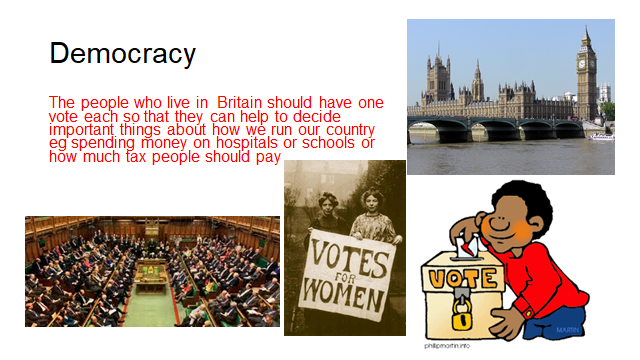
Individual Liberty
Within school, pupils are actively encouraged to make choices, knowing that they are in a safe and supportive environment. As a school we educate and provide boundaries for young pupils to make the correct choices safely through provision of a safe environment and empowering education. Pupils are encouraged to know, understand and exercise their rights and personal freedom. They are provided with advice on how to exercise these safely, for example through our Online Safety Policy and various themed curriculum opportunities e.g. Equalities week. Pupils are provided with many opportunities to make independent choices e.g. i.e. use of technology and participation in our numerous extra-curricular clubs.
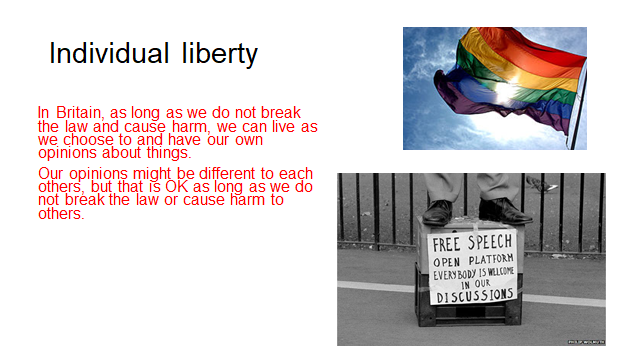
The Rule of Law
The importance of laws and rules, whether they are those that govern the class, the school, or the country, are consistently reinforced. Pupils are taught the value and reasons behind laws and rules. When employed effectively, they achieve positive outcomes for the whole school community. All children are aware of our school rules and expectations for behaviour and as a result behaviour is outstanding across the school. Visits from the Police, Fire Service etc. are embedded in our practice and help reinforce this message. In Year 6 all pupils attend the annual Junior Citizenship event where strong relationships with some of these services are reinforced.
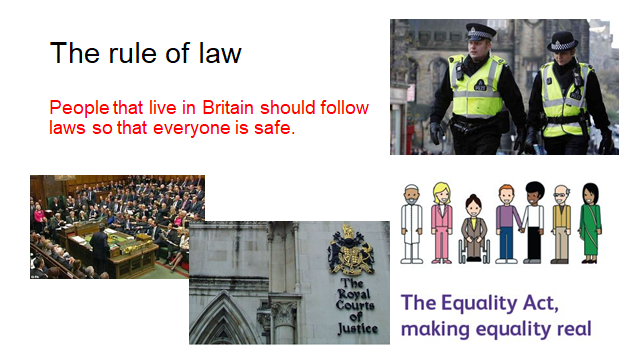
Mutual Respect and Tolerance of those with different faiths and beliefs
As a Christian community, mutual respect is at the heart of our values. Pupils learn that their behaviours have an impact on themselves and others. All members of the school community treat each other with respect as we actively encourage children to live out our school motto of “Go Shine in the World” on a daily basis. This is promoted through staff modelling the behaviour, RE lessons, assemblies and prayer services. Pupils are encouraged to show respect to all members of the school and wider community.
The local area surrounding our school is socially, ethnically and culturally diverse. As a Christian school we are fully aware of the importance of promoting tolerance of those of different faiths and beliefs. Our RE curriculum teaches children a carefully sequenced understanding of major world religions, developing knowledge of Christianity, Islam, Judaism, Hinduism, Sikhism and Buddhism from Year 1 up to Year 6. Members of different faiths or religions (including staff members) share their knowledge to enhance learning within classes and the school. Children visit places of worship that are important to different faiths. In our class libraries we also provide reading material on other faiths.
